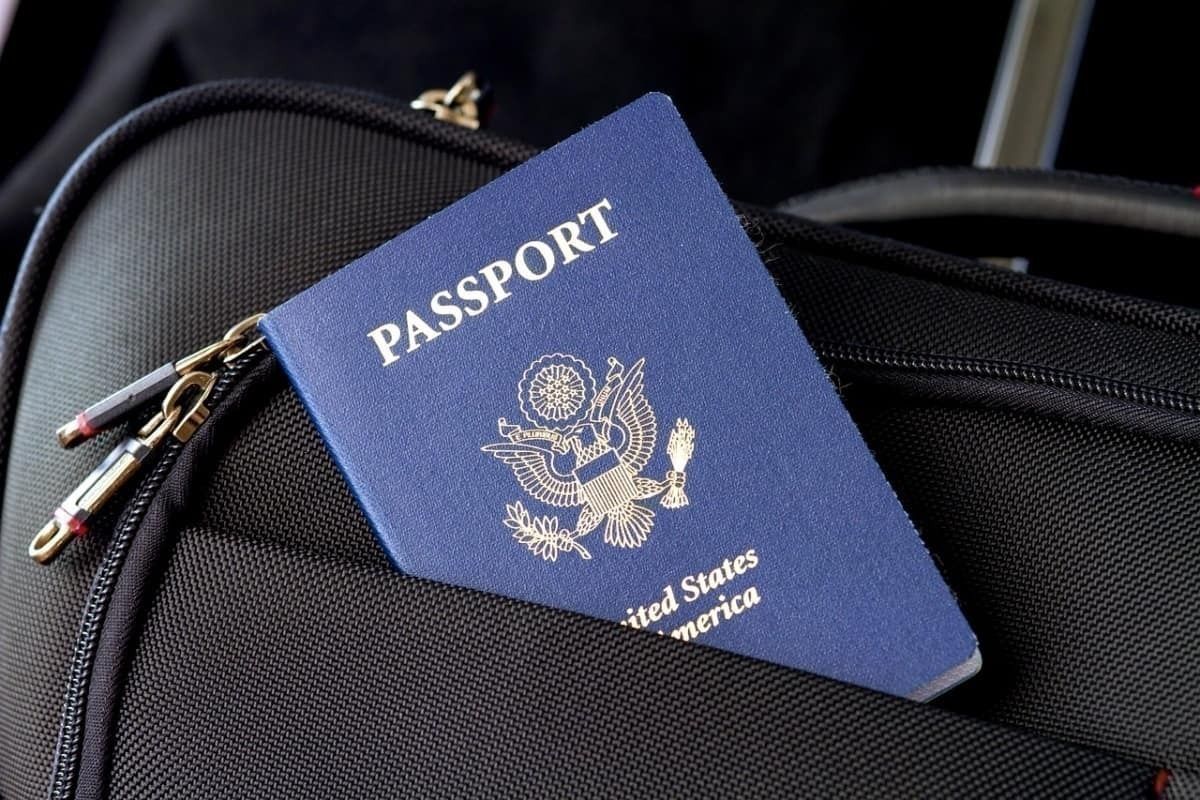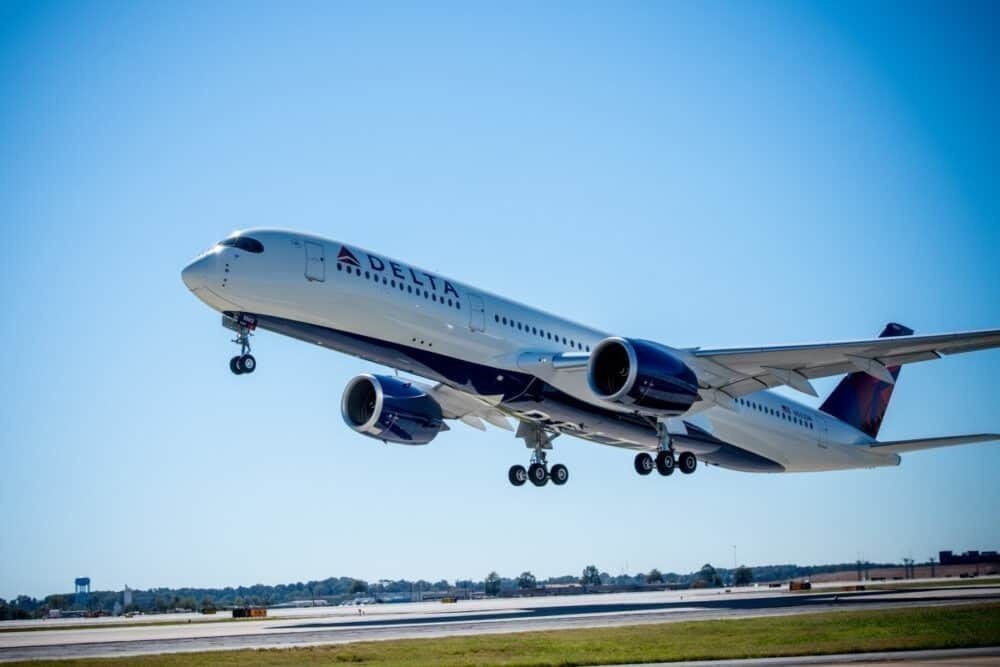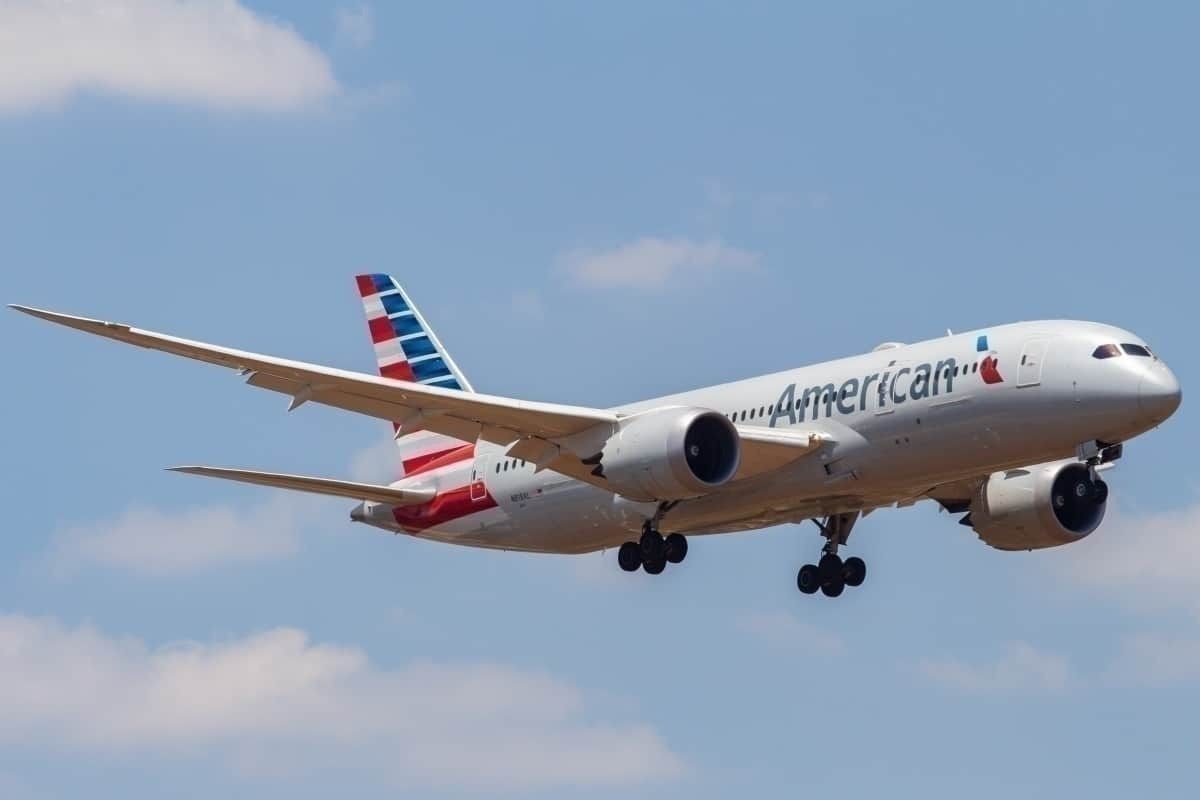There was a time when having a United States passport had countries greeting you with open arms. Now, that has all changed, with only a handful of counties now allowing entry to American citizens. The door has slammed shut across the planet to American visitors due to the rising cases of COVID-19 in the country.
Currently, the Atlanta-based Centers for Disease Control and Prevention is reporting 3,546,278 confirmed cases with 139,162 deaths.
Problems getting away
With a somewhat disjointed response to the coronavirus pandemic, rules between various states are not consistent. However, the rules for Americans looking to travel abroad are even more difficult to comprehend.
COVID-19 is now dictating how Americans will vacation this summer with many planning short-distance car trips rather than international travel. But, for those citizens with their hearts set on getting away, there are still some options open.
Stay informed: Sign up for our daily aviation news digest.
The countries still welcoming Americans
There are quite a few exciting options open that you might not have thought about for those who feel a strong urge to visit a foreign land.Open to US vacationers right now are the beautiful beaches of the Caribbean, all of Mexico, as well as Turkey and the Maldives.
The countries open for unrestricted access are:
- Albania
- Dominican Republic
- Kosovo
- Maldives
- Mexico
- North Macedonia
- Serbia
- Tunisia
- Turkey
Open but with restrictions:
Some countries are allowing US citizens to enter, but only with the right paperwork in place. Mostly this involves getting a COVID test before travel, but the specific requirements vary, so be sure to double-check before flying.
- Antigua and Barbuda: Negative COVID-19 test result within seven days
- Aruba: Negative COVID-19 test result within 72 hours for travelers from 24 U.S. states
- Bahamas: Negative COVID-19 test result within a week before travel
- Barbados: Negative COVID-19 test result within 72 hours
- Belize: Declaration of no COVID-19 symptoms 72 hours
- Bermuda: Negative COVID-19 test result within five days + $75
- Cambodia: Negative COVID-19 test result within 72 hours + $3,000 COVID-19 medical cost deposit
- Croatia: Negative COVID-19 test not older than 48 hours presented on arrival
- Ecuador: Mandatory 14 day quarantine and negative COVID-19 test result within seven days
- Egypt: Negative COVID-19 test result within 48 hours
- French Polynesia: Negative COVID-19 test result within 72 hours
- Jamaica: Travelers from New York, Florida, Arizona, and Texas must have a negative test result within ten days
- Rwanda: Arrival by private jet or charter only until August 1, then commercial flights will resume
- St. Barts: Negative COVID-19 test result within 72 hours
- St. Lucia: Negative COVID-19 test result within seven days
- St. Maarten: Opens August 1 — though subject to change
- St. Vincent and Grenadines: COVID-19 test on arrival with mandatory 24-hour quarantine while awaiting results
- Tanzania: COVID-19 tests on arrival are possible
- Turks and Caicos: Opens July 22 with restrictions
- Ukraine: Download app, test upon arrival, 24 hours self-isolation
- United Arab Emirates: Only Dubai is open, all other Emirates are closed
- United Kingdom: Self-isolate for 14 days
Think hard before traveling overseas
Anyone contemplating international travel needs to understand that it does not come without certain risks. Since the pandemic is ongoing, the situation could change at any time, and you may find yourself stuck with no way to get home. It is also worth noting that the Centers for Disease Control and Prevention advises against all nonessential international travel.
On March 31, the State Department advised U.S. citizens to avoid all international travel due to COVID-19, and the CDC's latest guidance says, "travel increases your chances of getting and spreading COVID-19."
If you still plan to travel internationally, it is recommended that you first get in touch with the U.S. Embassy in the country you plan to visit for advice.




